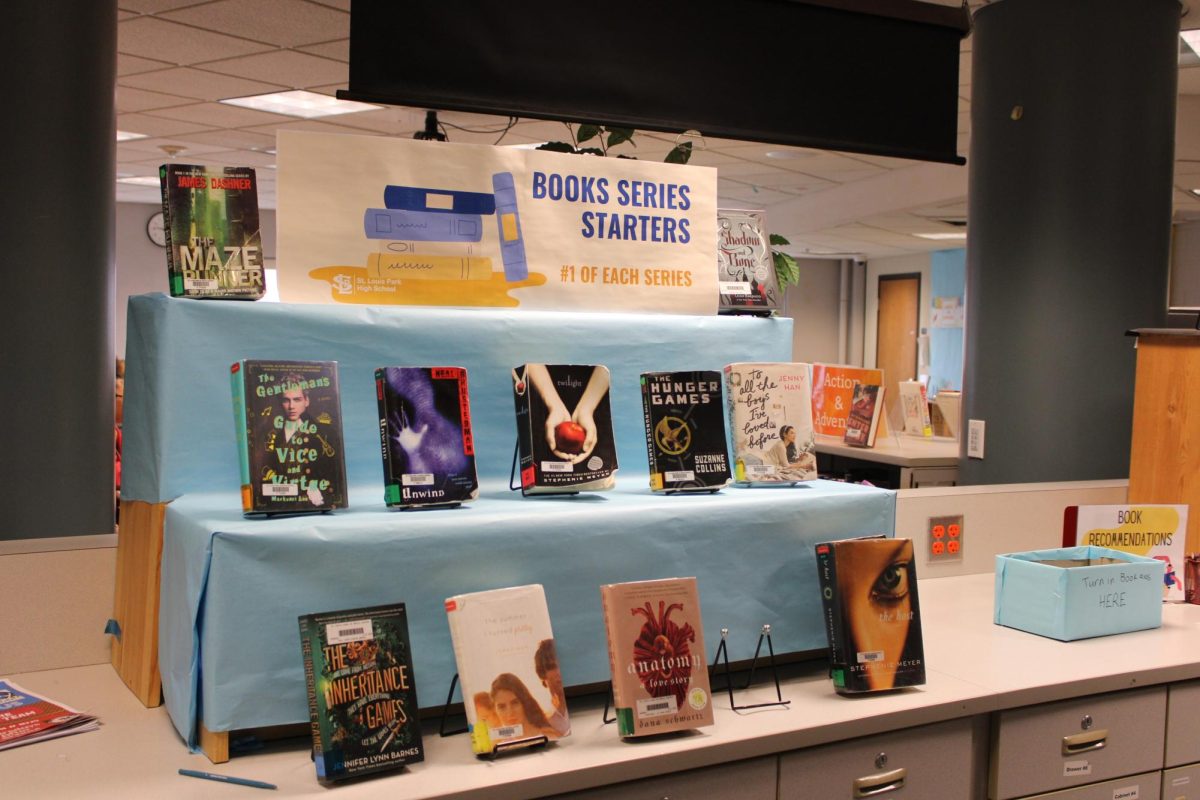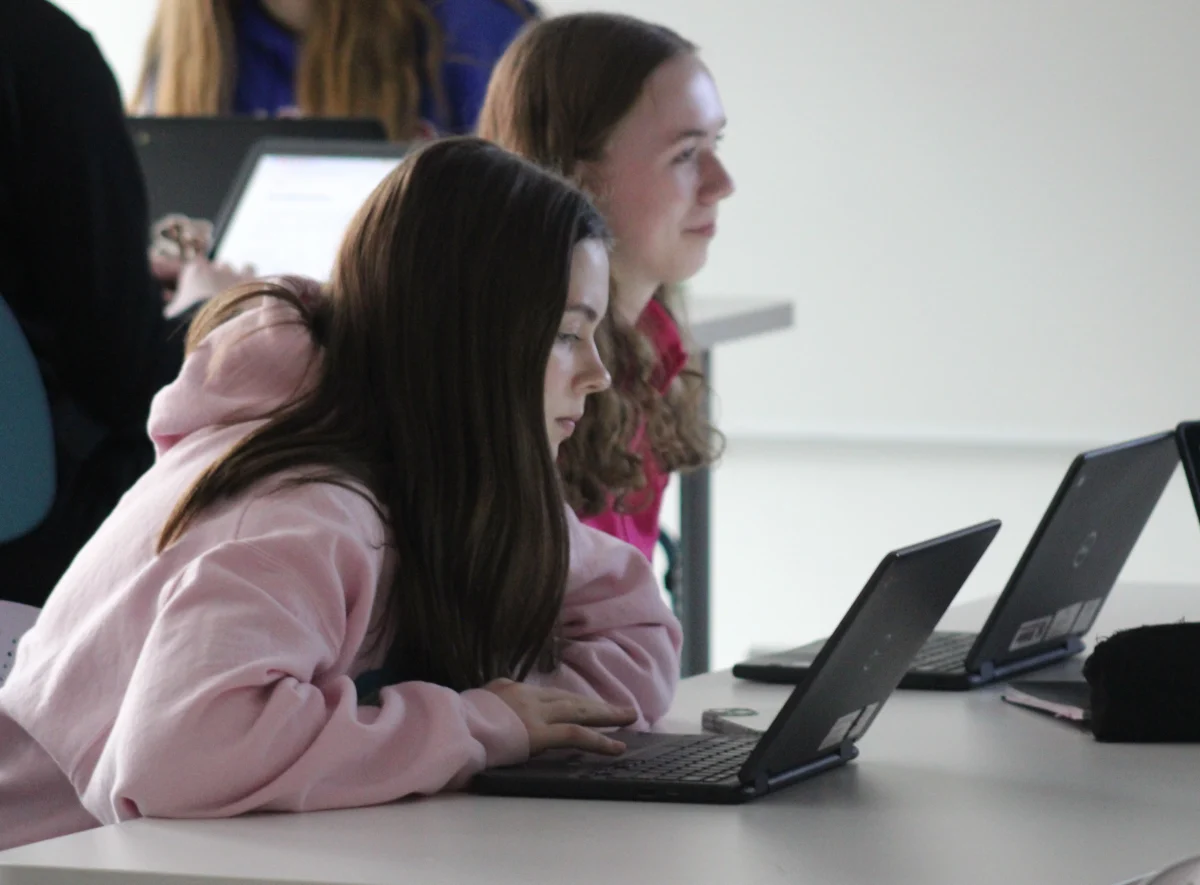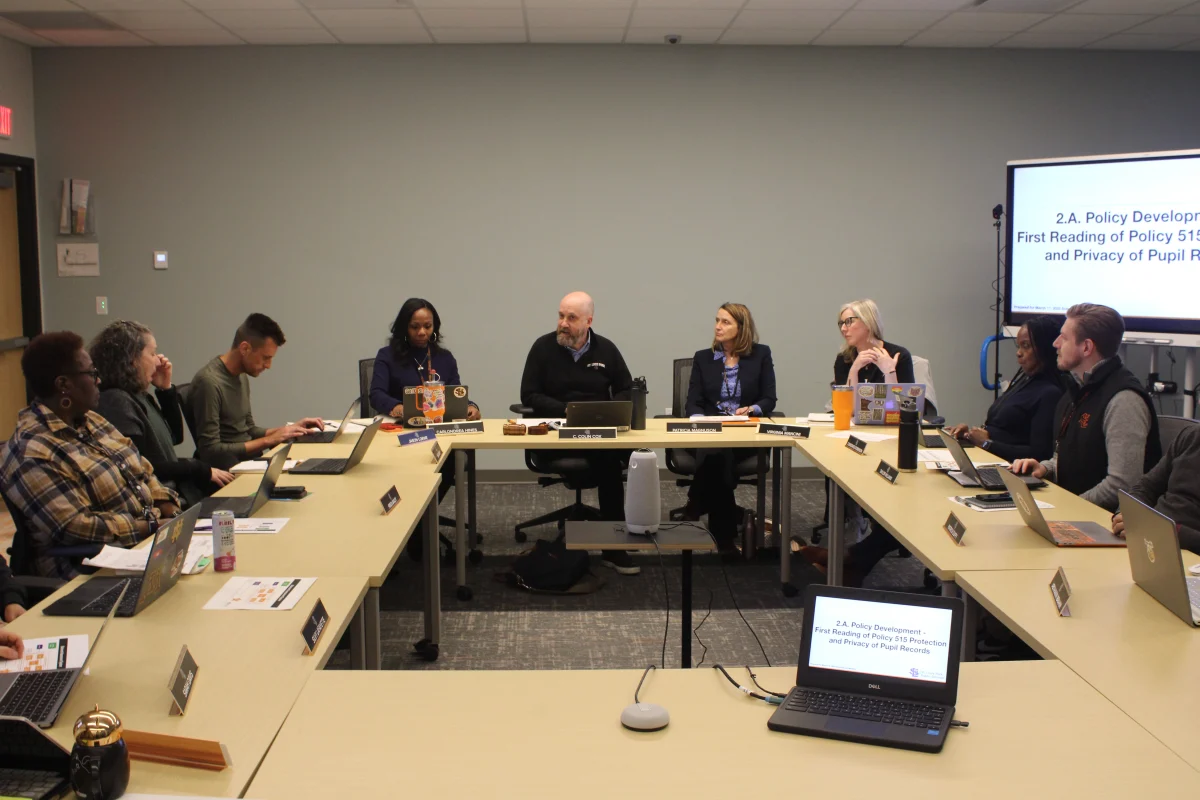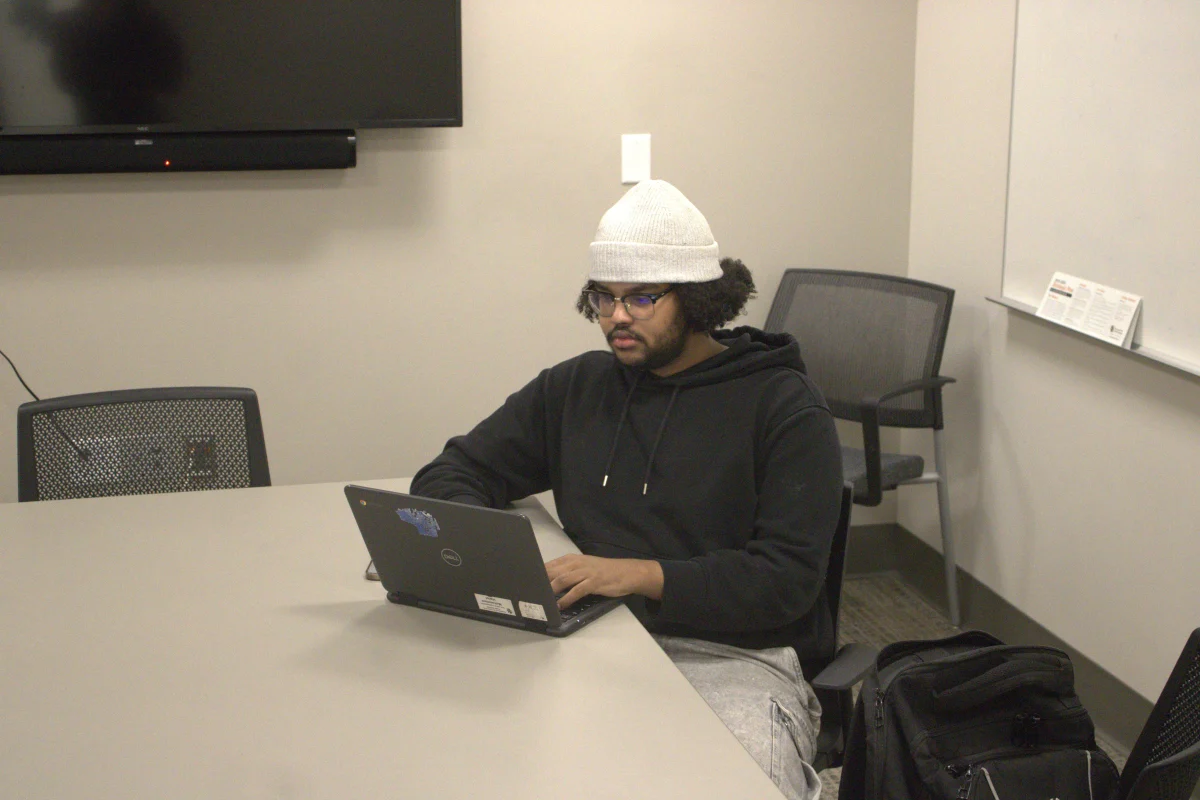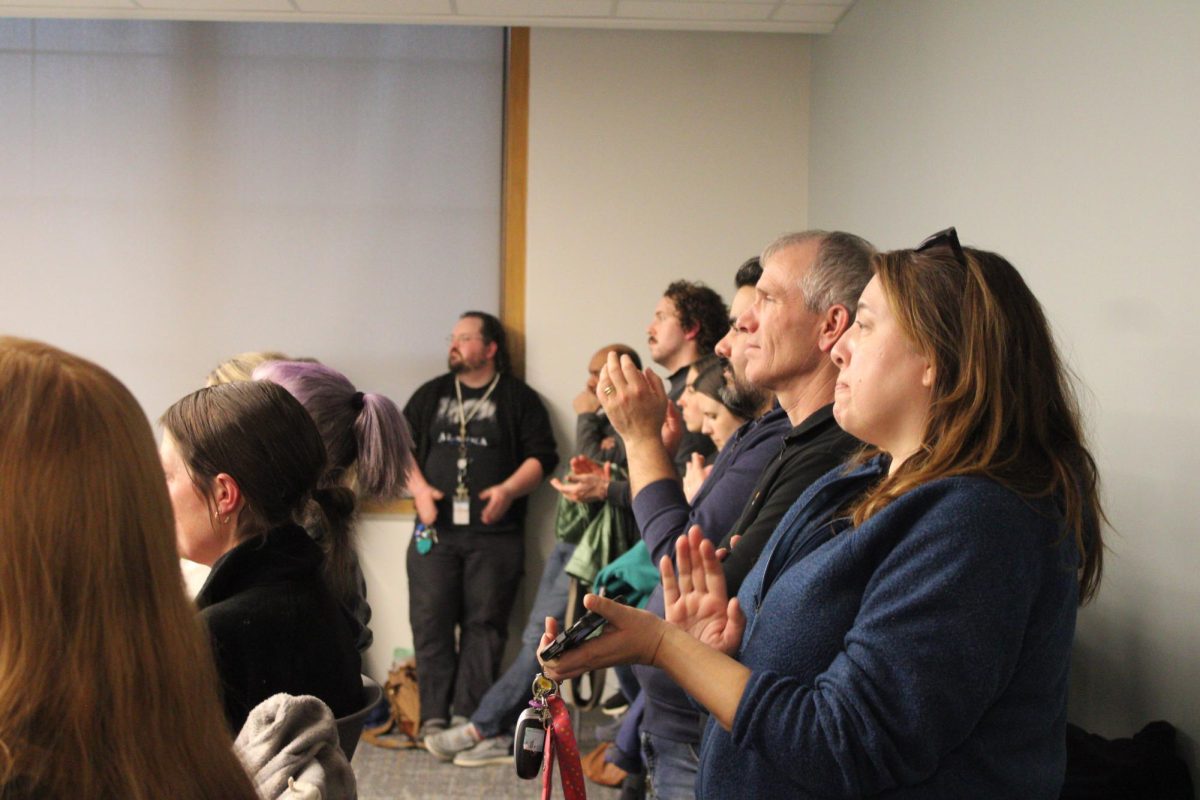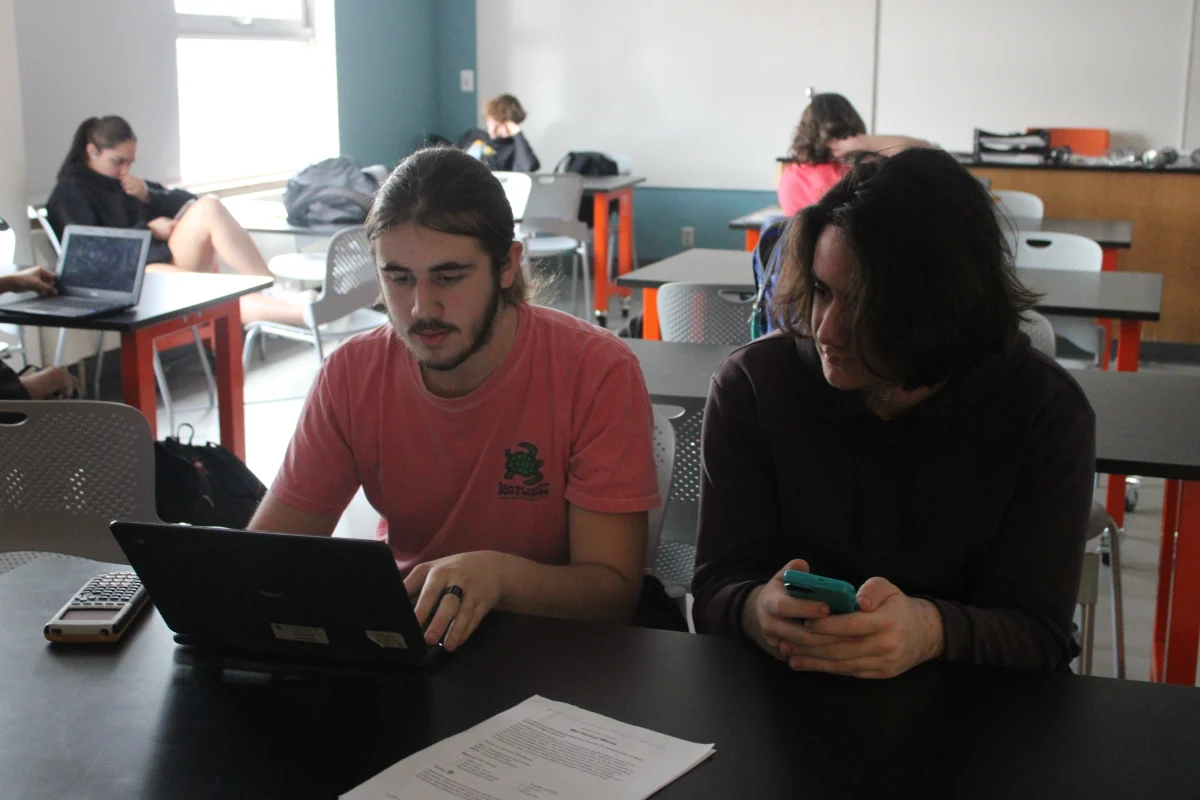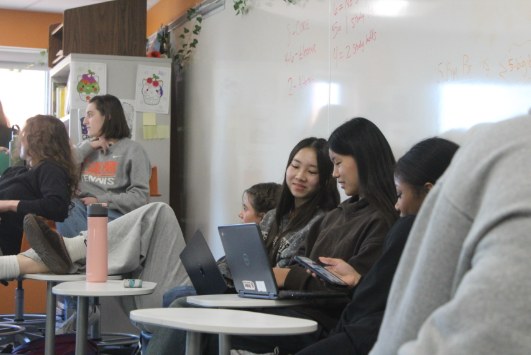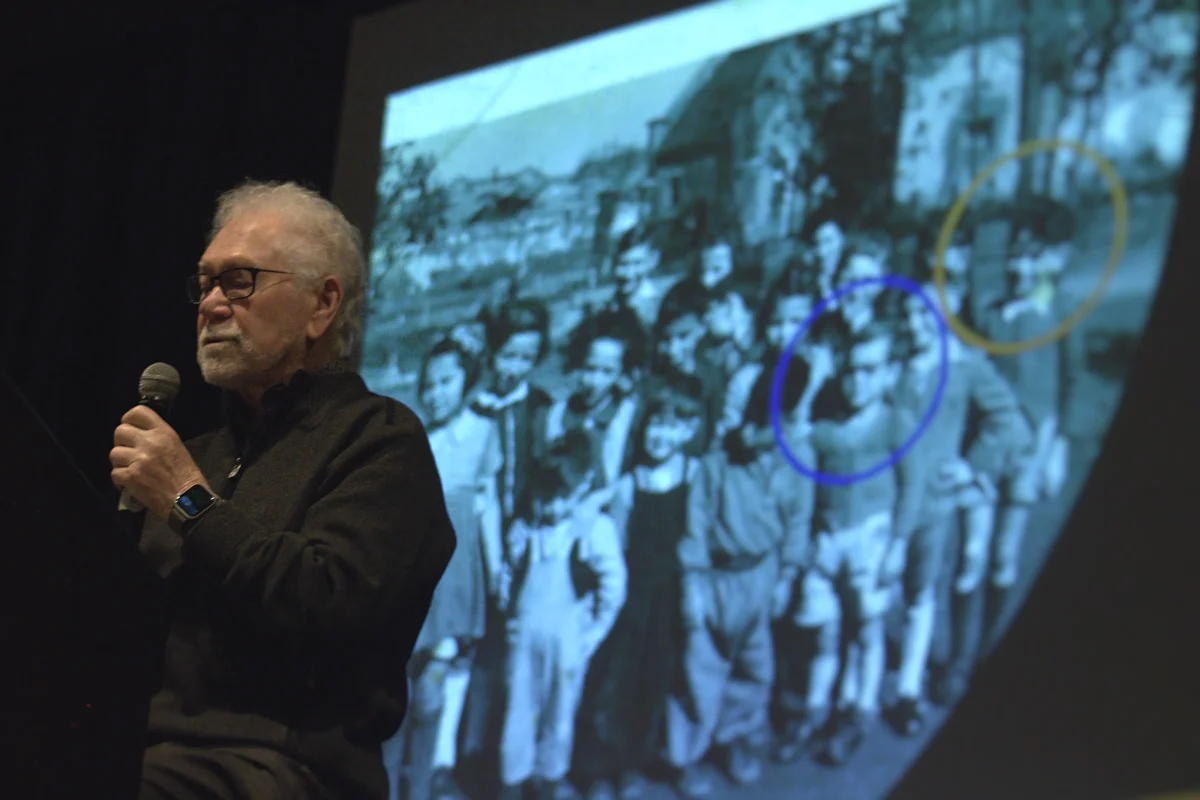Last month, banned books week came and went, yet it is still being faced in public schools across America. Over 800 books were banned last year. Public schools in America are still dealing with this problem when it comes to what to teach in their curriculums, especially around sensitive topics.
According to English teacher Lindsey Meyer, banned books can become a problem if not addressed.
“I’m against it,” Meyer said. “I understand the reasoning behind banned books. But I think that it’s a slippery slope when it comes to book banning, because everyone has different parameters around what’s appropriate, and also what’s acceptable.”
Junior Henry Berg said he believes banning books is a direct violation of our constitutional rights.
“I don’t like it at all,” Berg said. “I feel like it goes directly against our First Amendment and how people aren’t able to learn and access knowledge.”
For most schools, books being banned tend to lean towards sensitive topics such as race, religion etc. Meyer said a common reason for banning books is because they are hard to talk about.
“A lot of banned books historically have been banned because they talk about issues that are difficult to talk about for people,” Meyer said. “And so if you look, my class actually just talked about this but ‘To Kill a Mockingbird’ is one of the most widely banned books of all time and the reason it was banned is because it talked honestly about race.”
According to Meyer, not only are banned books important, but books in general. She said we should not be shy of books and use them as an opportunity to learn in new ways.
“Reading in general is a deeper way to think about society. We’re so used to fast information, fast bites, fast videos, and that’s the way we’re used to consuming information,” Meyer said. “But if someone sits down and reads a book about a really sophisticated, complex issue or reads a story about a person who has a different experience than them, that’s what really makes you think and process. It’s so important to read books in general and not to be afraid of what books have to offer or the stories of people.”
Berg said banned books give us a new opportunity to learn about others.
“Reading banned books gives us a different perspective on someone else’s culture,” Berg said.
According to Meyer, banned books should be something we should talk about more often.
“If someone believes a book has a place in a school library or in a curriculum, I think that’s valuable conversation,” Meyer said. “Let’s talk about it. Let’s have a conversation. I want to hear your perspective.”
Junior Isaac Joseph said anyone can read what they want, no matter what it’s about.
“I think it’s not good because education should be allowed for people, even on the kind of books that they want,” Joseph said.



